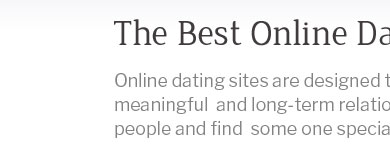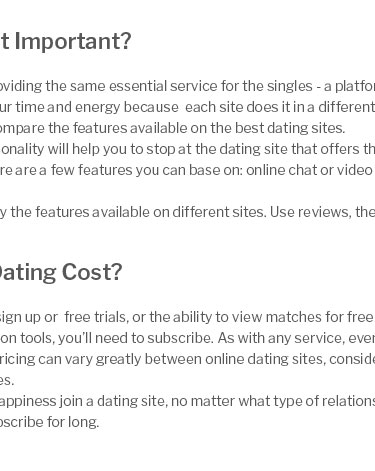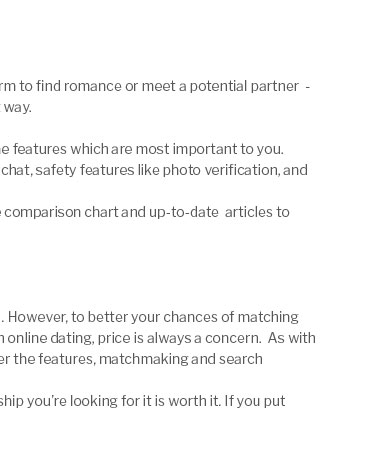tinder for married folks: options, ethics, and privacyWhat the phrase can meanThe phrase often describes tools and communities that mirror swipe-based discovery while focusing on partnered people seeking consensual connections, conversation, or exploration outside a primary relationship. It can also refer to couples jointly searching for friends, dates, or shared experiences. Who might consider it- Couples practicing ethical non‑monogamy or exploring it with mutual consent.
- Partners navigating mismatched desire, seeking companionship with transparency.
- Separated or redefining partners aiming for respectful, private interaction.
- Couples looking for social circles that understand complex relationship structures.
Relationship models and agreements- Monogamish or soft‑swap arrangements with clear limits.
- Open relationships with rules for messaging, meets, and intimacy.
- Polyamorous structures emphasizing honesty, care, and scheduling boundaries.
- Don’t‑ask‑don’t‑tell is risky; informed consent is safer for all.
Consent and clarity come first. Key trade‑offs and expectationsDiscretion vs authenticityPrivacy tools protect identities, yet too many filters can reduce trust. The balance: hide identifying details while sharing values, boundaries, and intent. Casual discovery vs deeper connectionFast swipes encourage breadth; thoughtful profiles, slower chats, and clear boundaries support quality over quantity. Popular categories and how they differDiscreet dating apps- Features: blurred photos, nickname handles, separate vaults, and location fuzzing.
- Upside: control over exposure and discovery radius.
- Watch‑outs: low verification can invite spam; vet before meeting.
Open‑relationship communities- Features: couple profiles, linkable partner accounts, and ethical-non‑monogamy tags.
- Upside: shared language around consent and boundaries.
- Watch‑outs: expectations vary; state limits in profile and chat.
Proximity‑based friend‑finder toolsSwipe‑style discovery can feel like a “tinder for married folks” in pace and interface. In dense areas, private member scenes such as hookup clubs nyc may complement app matching with in‑person vetting and codes of conduct. Travel or city‑specific meetupsGeo‑focused options surface people open to short‑window coffee, art walks, or private gatherings. City guides like hookup in new delhi illustrate how filters and local etiquette shape expectations. Privacy, safety, and digital hygiene- Use fresh photos without workplace, home, or metadata clues.
- Separate usernames and email, enable two‑factor authentication.
- Limit precise location; meet in public spaces first.
- Video chat to verify identity before sharing personal info.
- Agree on boundaries for messages, media, and check‑ins.
- Assume screenshots exist; share only what you can accept being seen.
Protect your identity until trust is earned. How to evaluate any platform- Read community guidelines for consent and respectful behavior.
- Check verification tools and reporting controls.
- Test filters for couples, ENM tags, and boundary fields.
- Review moderation practices and clarity on data handling.
- Start with low‑exposure settings, then adjust as comfort grows.
Red flags- Pressure for off‑app contact too fast.
- Inconsistent stories or refusal to verify with a quick call.
- Demands for money, gifts, or personal documents.
- Disrespect of your “no” or attempts to bypass boundaries.
Communication essentials with a spouse and matches- Define purpose: companionship, conversation, intimacy, or community.
- Set limits: venues, touching, messaging cadence, and updates.
- Agree on disclosure: what is shared and what stays private.
- Establish aftercare: debriefs, reassurance, and adjustments.
A direct boundaries message saves stress. Alternatives to apps- Relationship education workshops and discussion circles.
- Local hobby groups where conversation can develop naturally.
- Private social clubs with codes of conduct and member vetting.
- Therapeutic coaching to map desires, needs, and agreements.
Frequently asked questionsIs using a tinder for married folks app the same as cheating?It depends on the agreements of your relationship. With explicit, informed consent and clear boundaries, the behavior can align with your commitments; without consent, it breaks trust. Should both partners create profiles?Many couples prefer linked or mirrored profiles to maintain transparency. Others choose one point of contact plus a simple verification step. Pick the method that supports honesty and comfort for both. How can we stay private while being authentic?Use nicknames, crop or blur identifying backgrounds, and share values, boundaries, and interests instead of full bios. Verify by brief video call before any in‑person plan. What profile elements attract aligned matches?State relationship structure, what you seek, soft and hard limits, and preferred pace. Add a friendly opener prompt and a clear consent note like “enthusiastic yes only.” How do we discuss health and safety with new people?Raise safety and health boundaries early and calmly. Agree on protection methods, testing expectations, and stop‑words before any meet, and stick to your plan. How can we avoid scams and fake accounts?Decline requests for money or gift cards, verify by short call, and keep chats on‑platform until trust forms. Use reporting tools for suspicious behavior.

|



















